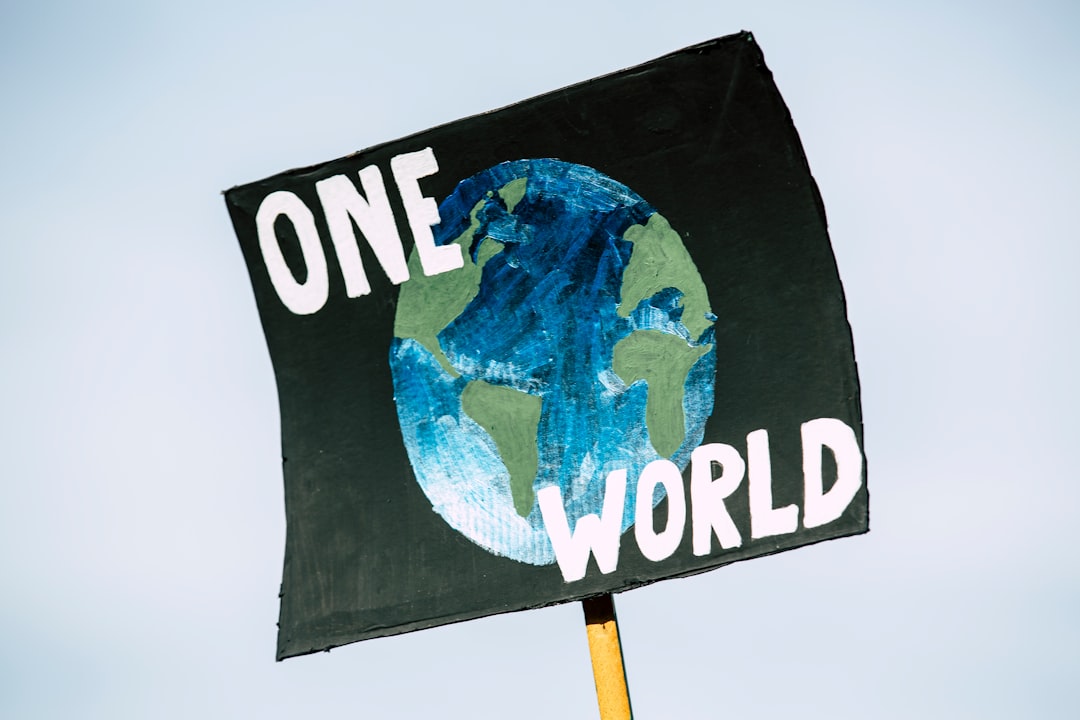What is it about?
The U.S. criminal legal system contributes to the oppression and harm of marginalized groups, calling into question ethical governance. The front end of this system, specifically bail and pretrial justice, exploits opportunities for resource generation and social control as a major driver of incarceration, yet receives limited attention in public administration or ethics. Disproportionate punishment and collateral penalties associated with bail and pretrial justice are causes and consequences of structural racism and administrative dysfunction. Excessive bail as a poverty penalty incurs risks to health, safety, financial security, and constitutional presumptions and protections. In light of civil and constitutional rights concerns, bail and pretrial-associated philanthropic solutions have proliferated. This article provides background on bail and pretrial justice policies and politics; outlines evidence of related consequences; describes select reform efforts and philanthropic tools, including the charitable bail organization The Bail Project; and contextualizes bail and pretrial justice within a public values framework, which centers social equity and incorporates critical race theory alongside politics and public ethics of care. Upholding the Constitution and the law, strengthening social equity, and ensuring procedural due process are core tenets of good governance, yet anathema to the current bail and pretrial justice system, which is a critical public ethics concern.
Featured Image

Photo by CHUTTERSNAP on Unsplash
Why is it important?
Cash bail and pretrial detention are major drivers of incarceration, about which limited public administration or ethics literature exists. The contemporary two-tier system treats two individuals charged with exactly the same crimes differently based on race, social, and economic factors.Excessive cash bail incurs risks to health, safety, financial security, and constitutional presumptions and protections. Cash bail determination processes are consequential and necessitate politics and public ethics of care in upholding the Constitution and law, strengthening social equity, and ensuring procedural due process, as key public values.
Perspectives
Ethical organizations and philanthropic tools, such as charitable bail organizations, collaboratively seek change that promotes and enhances the public good to reform inequitable bail and pretrial practices and policies. Collective aims include eliminating cash bail; limiting pretrial detention; returning people to their communities; strengthening social safety nets, and ensuring progress outlasts current public collaborative governance models. A more ethically alert bureaucracy is well suited to respond to disproportionate punishment and collateral penalties associated with bail and the pretrial system, which are causes and consequences of structural racism and administrative dysfunction.
Robert Wood Johnson Foundation Health Policy Research Scholar Cynthia A Golembeski
The New School
Read the Original
This page is a summary of: U.S. Bail, Pretrial Justice, and Charitable Bail Organizations: Strengthening Social Equity and Advancing Politics and Public Ethics of Care, Public Integrity, November 2022, Taylor & Francis,
DOI: 10.1080/10999922.2022.2115219.
You can read the full text:
Resources
Contributors
The following have contributed to this page










